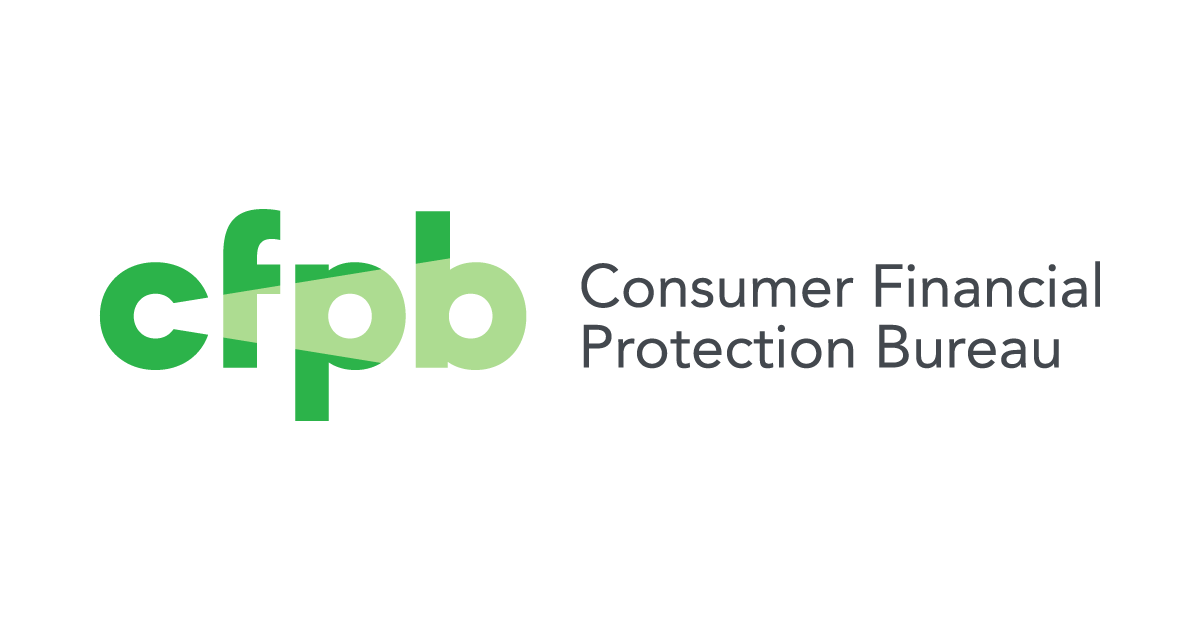The process of deferring or reducing payments culminates in a payment plan; not with a one-time payment
Homeowners who receive a deferment under the CARES Act are not required to pay the missed payments in a lump sum after the deferral period ends. You can talk to your mortgage servicer, or consult with a HUD-approved housing counselor, to come up with a payment plan that works for your situation.
Most administrators should offer a deferral, and the rest should offer you options
Protections under the CARES Act apply to all federally backed and sponsored home loans, including loans under the FHA, VA, USDA, Fannie Mae, and Freddie Mac. This includes most major mortgages. Under the CARES Act, homeowners with federally backed loans have the right to request and receive a period of deferment or reduction of payments for up to 180 days, which means that you can stop payments on the mortgage for up to six months. In addition, you can request an extension of the deferral period or reduction of payments for a maximum of 180 additional days, for a total of 360 days.
Mortgages not covered by the CARES Act may also offer similar options for deferring or reducing payments for a specified time. If you are having difficulty with payments, servicers are generally required to offer you assistance options, even if your loan is not covered by the CARES Act.
Communicating with the mortgage servicer may be easier than you think
In the early days of the pandemic, homeowners reported problems communicating with managers by phone. Today, many mortgage servicers have increased their responsiveness to serve customers. However, patience is required when you try to communicate with your servicer either by phone or online. Some administrators may have websites where you can better understand your options and request a deferral.
In general, mortgage servicers cannot ask for evidence of financial hardship
Under the CARES Act, you can request a postponement and tell the mortgage servicer that you are experiencing financial hardship due to the pandemic. If you have a federally backed loan, the servicer is not authorized to ask for proof of your financial hardship.
You don’t need to pay to get help with deferral options
HUD-approved housing counselors offer their services at no cost to borrowers requesting a deferral. You should stay away from scams, especially those offers of help that come with up-front fees, whether the offer of help is for your mortgage or for other services, such as assistance with unemployment benefits or credit repair.
No need to wait — ask for help now
For mortgages backed by certain government agencies, the deadline for requesting a payment deferral or reduction is December 31, 2020. Others may not have specified a term yet, or may have specified a later date. If you have already requested a deferment or reduction of payments and need an extension, it is best to submit your request before the end of the year.
In any case, taking action without delay can help you take control of your finances.
–


